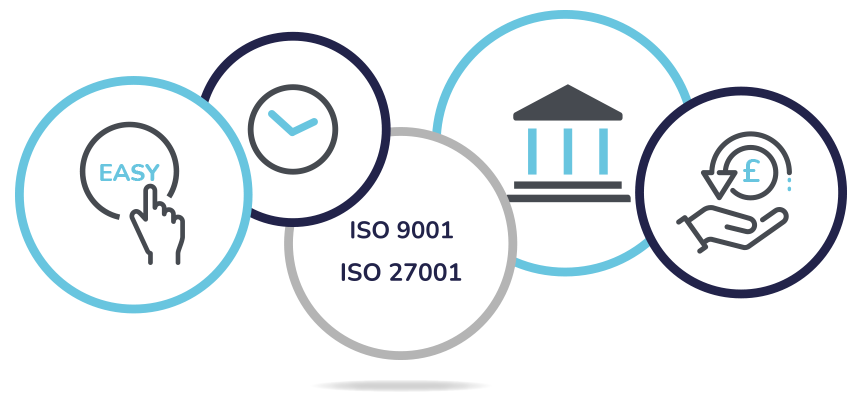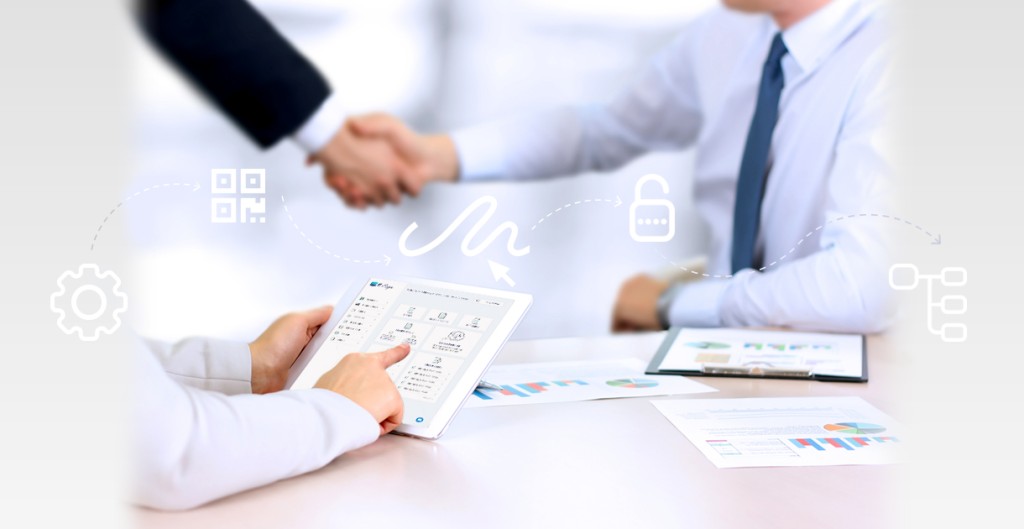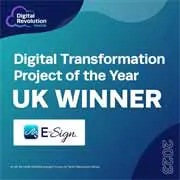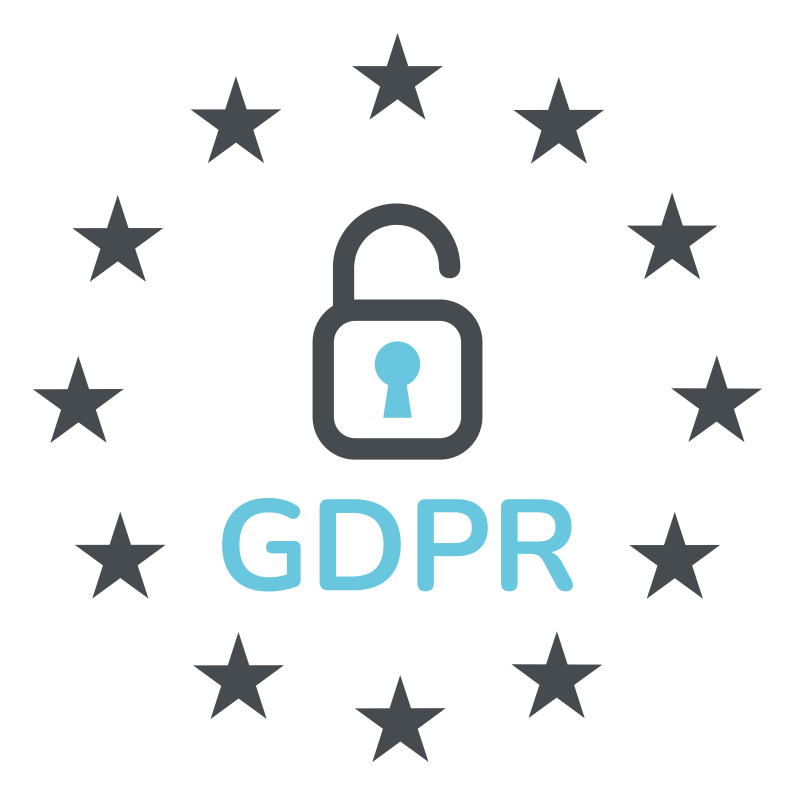Home | News & Insights |
What are the 5 Key Benefits of Electronic Signature Witnessing?
Laura Cain
Marketing & Brand Manager
PUBLISHED
23rd May, 2023
Historically, there were many steps to digitising documents such as contracts and agreements. This ranged from the initial preparation to the post-signing management of an agreement. Now, e-signature technology platforms such as E-Sign e-Witnessing have been developed to save time and money.
The signature of both the party to the agreement and the witness, has often been the gap in the digital transformation process. Many documents that have been otherwise fully digital have fallen at this last hurdle; paper copies are still printed off and sent through the post, with all the consequent delays and cost implications.

Since working on the HM land registry pilot program for electronic signature witnessing as deeds, E-Sign has continued to help companies that are using E-witnessing to avoid lengthy contract delays that occur via paper-based processes and our platform has now evolved to incorporate signature witnessing.
In this blog, we look at the five key benefits of electronic signature witnessing.
Electronic witnessing ensures that contracts are executed quickly and removes the requirement for the person authorised to witness on behalf of an individual, company, or companies, to be physically present.

What is important is that the technology should be sufficiently secure and clear to verify that witnessing has taken place.
This is fulfilled by the option of a digitised document, backed by technology that captures rich witness evidence such as geolocation, IP addresses and timestamps of the signatures. This shows when the document was signed and where all the signatories were located at the time of signing.
E-Sign captures the witness transaction details and stores them both in the audit trail and in the completion certificate to provide a record of which party signed and who witnessed the signature process. This certificate stays with the document for its lifespan and serves as necessary evidence of signing and witnessing statements. It includes the address, email address, IP address and time stamps of the signing and witnessing parties.

Five Key Benefits of E-Witnessing
- Easy to use – E-Sign allows you configure the document workflow in a manner that fits your compliance and best practices, and set authenticity parameters for all document signers.
- Rapid agreement completion – We have well documented research and case studies that illustrate how digital transformation speeds up the contracting process and allows documents to obtain signature and witness completion faster.
- Improved compliance and risk reduction – E-Sign operates to the highest eIDAS standards and works closely with governments to ensure successful implementation of the eIDAS framework. This means we provide customers with the highest standards of security, authentication and Identity standards, to ensure the integrity of your signed documents.
- Court admissible documents – The E-Sign completion certificate captures key identifiers about signers and witnesses such as IP addresses and time stamps, number of times a document has been viewed, and its authentication level. This information can often help provide evidence for the transaction in the event of a legal dispute.
- Reduced costs and error rates – paper-based witnessing can lead to a lot of back and forth. E-Signs platform avoids this, improves collaboration, and reduces NIGO returns on documents.

Legality
The Law Commission’s September 2019 report on the electronic execution of documents (2019 Law Commission Report) concluded that deeds could be signed and witnessed using a valid electronic signature platform. The view of the Law Commission (and of the Law Society in a June 2020 update) is that where there is a legal requirement for a signature on a document to be witnessed, the witness must be in the physical presence of the signatory and directly observe the signatory signing. It is up to the sender to ensure that the signer and witness are co-located.
To conclude, E-Sign allows you to add an electronic signature and act as a witness for an agreement or deed in a simple way. This significantly reduces costs, errors, and time associated with paper-based witnessing.
To speak to a member of our digital transformation team, about electronic witnessing please get in touch.
 Facebook
Facebook
 X (Twitter)
X (Twitter)
 LinkedIn
LinkedIn











